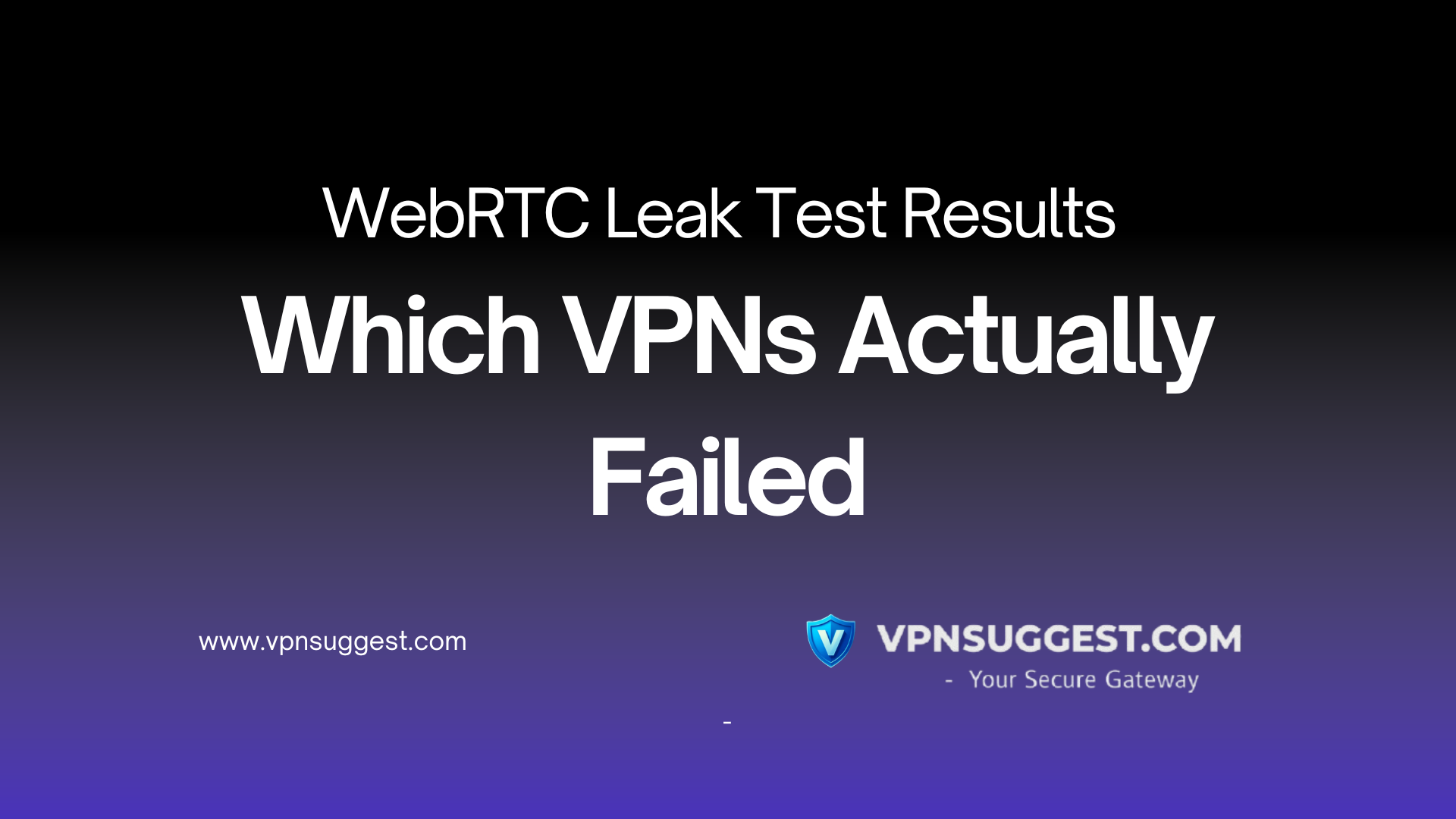Is SoftEther VPN Project a Disruptive Technology?

Introduction: A Game-Changer or Just Another VPN?
Virtual Private Networks (VPNs) function as the primary tools for protecting both online privacy and security since their inception. The VPN market has been shaped by the top names NordVPN, ExpressVPN and OpenVPN but SoftEther VPN operates secretly to transform existing standards. Does SoftEther VPN qualify as a disruptive technology that stands apart from standard VPN products available in the current market?
Let’s bust some myths, uncover hard facts, and see if SoftEther VPN is a real game-changer.
What Is SoftEther VPN, and Why Should You Care?
SoftEther VPN (short for “Software Ethernet”) is an open-source, multi-protocol VPN software developed at the University of Tsukuba, Japan. Unlike traditional VPNs, which focus on a single tunneling protocol, SoftEther supports multiple protocols, including:
- OpenVPN
- L2TP/IPSec
- SSTP
- SSL-VPN
- EtherIP/L2TPv3
This flexibility means SoftEther can function as an alternative to proprietary VPN services, making it attractive for enterprises, individual users, and even governments.
Why is this important?
Imagine a world where VPN users aren’t restricted by limited protocols or compatibility issues. SoftEther VPN aims to create a seamless, cross-platform, and adaptable VPN solution—potentially disrupting the market.
The Disruptive Factor: How SoftEther VPN Challenges the Status Quo
To determine whether SoftEther is disruptive, let’s break it down with the classic indicators of disruptive innovation:
1. Performance and Speed: Faster than Traditional VPNs?
SoftEther’s architecture is designed to optimize performance. It claims to be 13 times faster than OpenVPN and four times faster than L2TP/IPSec. (Source: SoftEther VPN Project)
How does it achieve this?
- Parallel Transmission: Uses multiple TCP connections for better throughput.
- Advanced Compression: Reduces data size before transmission.
- Optimized Code: Written with performance in mind, minimizing latency.
If these claims hold true, SoftEther VPN significantly outperforms older VPN solutions, making it a strong contender in the market.
2. Cost and Accessibility: Open-Source and Free
Unlike many commercial VPNs that operate on a subscription model, SoftEther is completely free and open-source. This eliminates licensing costs, making it an ideal solution for businesses and individual users who want enterprise-grade VPN security without financial constraints.
Case Study:
A mid-sized company looking to secure remote connections could save thousands of dollars annually by deploying SoftEther instead of commercial VPN software like Cisco AnyConnect or Fortinet’s VPN solution.
3. Multi-Protocol Support: Adaptability at Its Core
Most VPNs lock users into a single protocol. SoftEther, on the other hand, allows users to switch between multiple protocols based on their needs.
For example:
- Need maximum security? Use OpenVPN.
- Bypassing censorship in restrictive countries? Use SSL-VPN (SoftEther’s proprietary protocol).
- Want better performance for gaming? Use L2TP/IPSec.
This adaptability means users don’t have to rely on multiple VPN services—SoftEther does it all.
4. Bypassing Censorship and Firewall Restrictions
SoftEther’s SSL-VPN protocol mimics regular HTTPS traffic, making it nearly impossible for Deep Packet Inspection (DPI) to detect and block.
Why does this matter?
- In China, the Great Firewall actively blocks VPN traffic, but SoftEther can bypass these restrictions.
- In workplaces or schools with strict network policies, users can still access the internet freely without detection.
This gives SoftEther a significant advantage over traditional VPNs, many of which struggle against sophisticated censorship measures.
5. Ease of Deployment: For Enterprises and DIY Enthusiasts
SoftEther can be installed on Windows, Linux, macOS, FreeBSD, and Solaris. Additionally, it allows users to set up their own VPN servers, offering better control over privacy and data security.
Compared to setting up an OpenVPN server (which requires complex configurations), SoftEther is relatively user-friendly, making it an appealing choice for IT professionals and self-hosting enthusiasts.
The Limitations: Why SoftEther Might Not Be for Everyone
Despite its advantages, SoftEther VPN is not without flaws. Here are some challenges preventing it from achieving mass adoption:
1. Lack of Mainstream Awareness
Despite being a powerful tool, SoftEther is not as widely recognized as OpenVPN or WireGuard. Many users default to well-known VPN providers, unaware of the capabilities SoftEther offers.
2. Complexity for Beginners
While it is easier to configure than OpenVPN, SoftEther is still not as simple as plug-and-play VPN apps like ExpressVPN or NordVPN. Users who want an instant setup may find the manual configuration process daunting.
3. Limited Mobile Support
SoftEther does not have native mobile apps. While it supports L2TP/IPSec (which works on mobile devices), there’s no official SoftEther VPN app for Android or iOS, making it less convenient for smartphone users.
Final Verdict: Is SoftEther VPN Truly Disruptive?
Yes, but with caveats.
SoftEther VPN introduces game-changing features that challenge traditional VPN models:
- Superior speed and performance
- Multi-protocol adaptability
- Unparalleled censorship evasion
- Completely free and open-source
However, its lack of mainstream recognition, limited mobile support, and a learning curve prevent it from reaching mass adoption levels.
Who Should Use SoftEther VPN?
✔️ Tech-savvy users who want a customizable VPN solution. ✔️ Businesses looking for cost-effective, high-performance VPN setups. ✔️ Users in restrictive regions who need advanced censorship bypassing. ✔️ Privacy-conscious individuals who prefer self-hosted VPN servers.
Who Might Struggle with SoftEther VPN?
❌ Beginners looking for an easy, one-click VPN solution. ❌ Users who rely heavily on mobile VPN apps. ❌ Those who prefer mainstream VPN services with dedicated customer support.
Final Thoughts: The Future of SoftEther VPN
While it hasn’t yet reached the mainstream appeal of OpenVPN or WireGuard, SoftEther VPN is undoubtedly one of the most innovative VPN projects in recent years. If it gains wider recognition and introduces mobile-friendly solutions, it could pose a significant challenge to commercial VPN providers.
For now, it remains a hidden gem for those who know where to look—an open-source powerhouse that’s quietly reshaping the VPN industry.
What do you think? Will SoftEther VPN revolutionize the VPN space, or will it remain a niche solution? Let us know in the comments!
Loading newsletter form...






